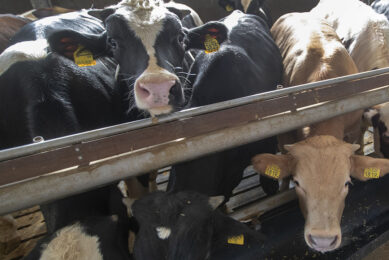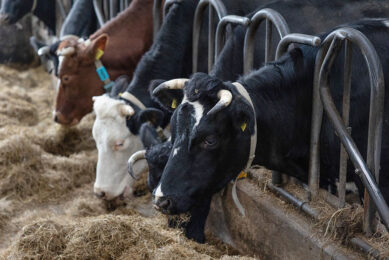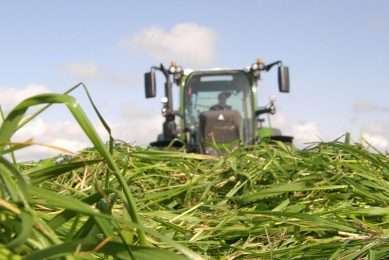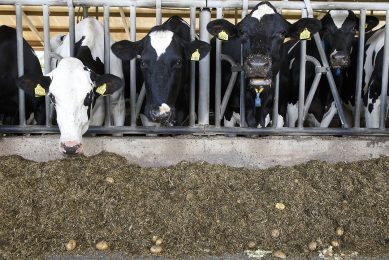Fears grow over New Zealand palm kernel imports
New Zealand palm kernel imports are tracking higher than ever, despite continued biosecurity fears about the controversial dairy cow feed.
New figures show that up to August, 774,000 tonnes of the product entered the country – twice that for the same period last year and up from 576,000 tonnes by August 2008.
Federated Farmers biosecurity spokesman John Hartnell said concerns that unwanted foreign pests could arrive with shipments were constant. "It’s something that sits in our mind all the time. Particularly when you hear that […] week, they found a boa constrictor in a container."
Many bugs to look out for
Flies, cockroaches, ants, grasses and a gecko have been detected at palm kernel storage sites. The Ministry of Agriculture Biosecurity believed it was possible contamination had occurred after arrival in New Zealand.
In the past year, there has been one report of four unidentified insects in a palm kernel consignment from Malaysia, which was subsequently fumigated.
Hartnell said it was accepted dairy farmers had used palm kernel to get through a tough winter. "But 774,000 tonnes is still a lot of product and, from a simple biosecurity perspective, that’s 774,000 tonnes of risk. We have to be so careful when we’re putting a foreign food product into the food chain."
Palm kernel is used to supplement dairy cows’ largely grass diet. In 2008 New Zealand was the world’s second highest user of the product (behind the European Union).
Environmental concerns and skinny cows
The production of palm kernel, which New Zealand farmers argue is a by-product of the more lucrative palm oil industry, was responsible for the displacement of local people and the destruction of orang-utan rainforest habitat. More than half the palm kernel entering local New Zealand ports is from Indonesia.
Lachlan McKenzie, Federated Farmers dairy spokesman, said without palm kernel "we would have had tens of thousands of cows, either very skinny or dying of malnutrition".
McKenzie said farmers had seen no scientific proof of a biosecurity threat from the supplementary feed, which, if kept dry, was too acidic to host most foreign bodies.
"The reality is, in a drought period like the last couple we have had, you can’t ring up the maize truck and order some maize silage, because there ain’t any."
McKenzie said farmers wanted to lessen their dependence on palm kernel because its price fluctuated. "In the last drought, it went up to NZ$400 a tonne."
Environmental concerns were "from within a small minority", he added.
Source: Sunday Star











